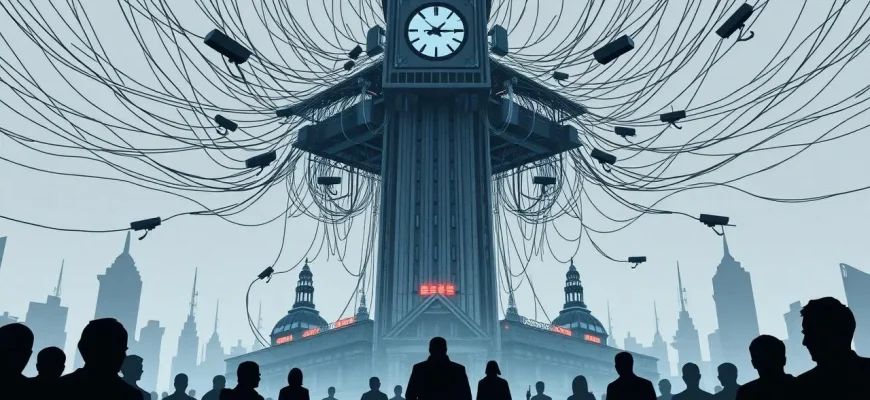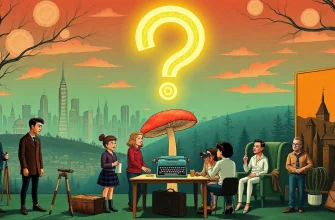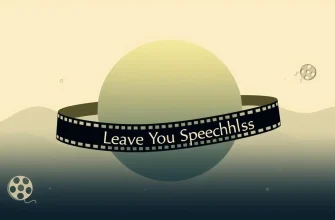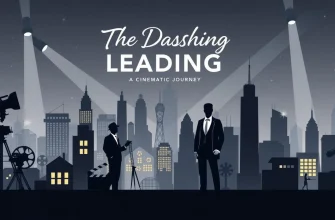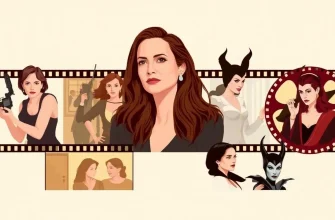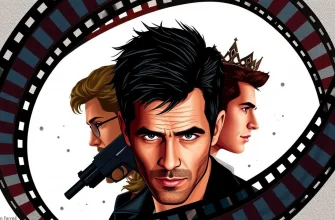This curated list of films delves into the dark themes of totalitarianism, surveillance, and oppression, echoing the spirit of George Orwell's cautionary tales. These movies offer a profound look into societies where freedom is curtailed, and control is absolute, providing viewers with a thought-provoking experience that resonates with Orwell's warnings about the dangers of unchecked power.

THX 1138 (1971)
Description: George Lucas's debut feature film depicts a future where emotions are suppressed through drugs, and individuality is eradicated, echoing Orwell's warnings about the loss of personal identity.
Fact: The film's title refers to Lucas's student film, which was also called "THX
 Watch Now
Watch Now 
A Clockwork Orange (1971)
Description: Stanley Kubrick's adaptation of Anthony Burgess's novel explores themes of free will, violence, and state control, with its portrayal of a dystopian society where the government uses psychological conditioning to control behavior.
Fact: The film was withdrawn from British cinemas by Kubrick himself due to copycat violence.
 Watch Now
Watch Now 
Brazil (1985)
Description: This surreal, dystopian satire by Terry Gilliam explores a bureaucratic nightmare where a man's life spirals out of control due to a bureaucratic error, reflecting Orwell's themes of oppressive government control and the absurdity of totalitarian systems.
Fact: The film was originally titled "1984 1/2" as a nod to Orwell's "1984," but was changed to avoid legal issues with the rights holders of Orwell's work.
 Watch Now
Watch Now 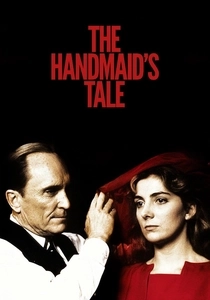
The Handmaid's Tale (1990)
Description: This adaptation of Margaret Atwood's novel shows a dystopian future where women are subjugated for reproductive purposes, reflecting Orwell's themes of control over personal freedoms and the body.
Fact: The film was overshadowed by the critically acclaimed TV series adaptation released in
 Watch Now
Watch Now 
The Matrix (1999)
Description: While primarily known for its action, "The Matrix" delves into themes of reality, control, and rebellion against an oppressive system, akin to Orwell's exploration of truth and freedom.
Fact: The film's concept was influenced by cyberpunk literature and philosophical ideas about reality.
 Watch Now
Watch Now 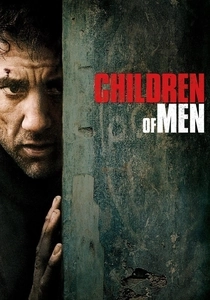
Children of Men (2006)
Description: This film presents a world where human infertility has led to societal collapse, with a totalitarian government maintaining order, reflecting themes of control and despair in Orwell's works.
Fact: The film was shot in a documentary style to enhance its realism and sense of immediacy.
 Watch Now
Watch Now 
Equilibrium (2002)
Description: In a future where emotions are outlawed, this film explores a society where citizens must take drugs to suppress feelings, paralleling Orwell's concept of thought control and the suppression of individuality.
Fact: The film was influenced by "Fahrenheit 451" and "1984," but its visual style was inspired by "Blade Runner."
 Watch Now
Watch Now 
The Lives of Others (2006)
Description: Set in East Germany, this film portrays the life of a Stasi officer who becomes increasingly sympathetic to the subjects he is surveilling, highlighting the pervasive surveillance and psychological manipulation akin to Orwell's Oceania.
Fact: The film won the Academy Award for Best Foreign Language Film in
 Watch Now
Watch Now 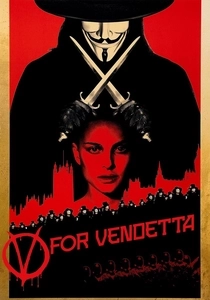
V for Vendetta (2005)
Description: Based on the graphic novel by Alan Moore, this film depicts a future Britain under a fascist regime, where a masked vigilante fights for freedom, echoing Orwell's themes of resistance against tyranny.
Fact: The film's iconic mask has become a symbol of protest movements worldwide.
 Watch Now
Watch Now 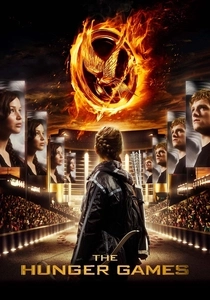
The Hunger Games (2012)
Description: While not directly inspired by Orwell, this film series captures the essence of a totalitarian regime controlling its citizens through fear and spectacle, reminiscent of Orwell's oppressive government.
Fact: The film's setting, Panem, is a dystopian version of North America, divided into districts controlled by the Capitol.
 Watch Now
Watch Now 
